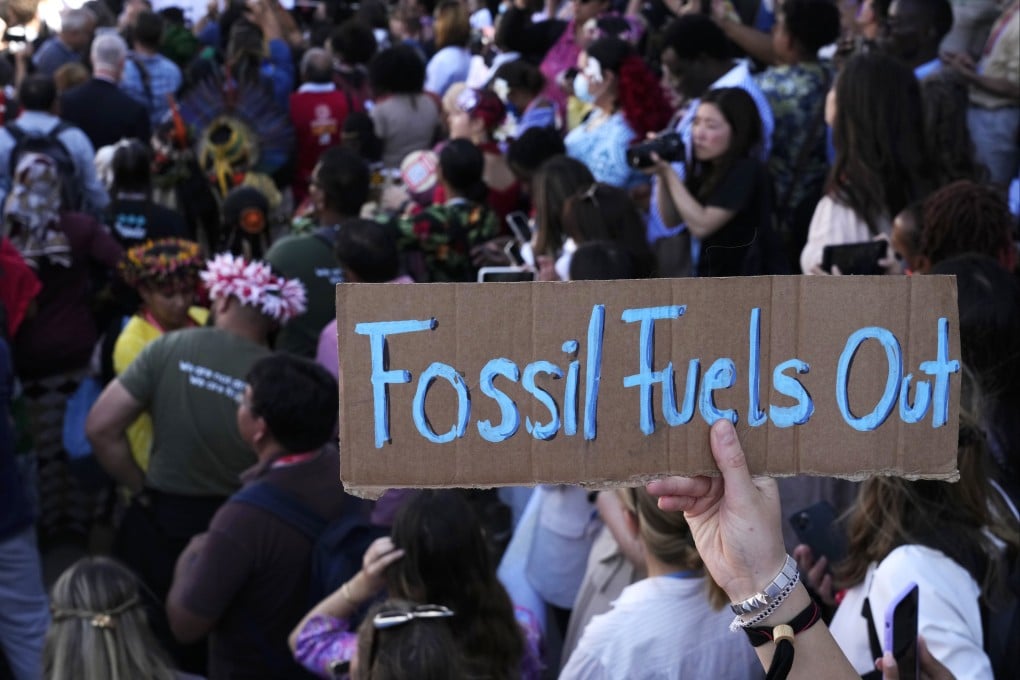Advertisement
Opinion | COP27 loss and damage deal: throwing money at climate change is not enough
- From loss and damage to carbon trading, money can be an incentive for climate action, and Hong Kong can play a major part as a centre of climate finance
- But this is not enough. Polluters must agree to cut emissions, and technology must be harnessed to boost the climate fight
Reading Time:3 minutes
Why you can trust SCMP
1

At COP26, the UN climate change conference held at Glasgow last year, countries agreed that the world needed to keep the global temperature rise to within 1.5 degrees Celsius above pre-industrial times, to prevent an imminent catastrophe.
One of the gravest consequences of unchecked global warming and carbon emissions is a rapid rise in the sea level, which could leave major coastal cities, including Hong Kong, submerged before the end of this century. The recent COP27, held in Sharm el-Sheikh, Egypt, was to be a platform for countries to hammer out concrete plans to tackle climate change and deliver on the 1.5-degree pledge.
Unfortunately, the conference ended with no significant breakthrough on the issue of curbing the use of fossil fuels to reduce greenhouse gas emissions to meet the 1.5-degree target. Some environmentalists had cautioned earlier that COP27 was doomed from the start to be overshadowed by Russia’s war on Ukraine.
The resulting global economic fallout, with looming inflation and recession fears, have also caused some nations, in particular developing countries, to continue to rely on fossil fuel to power their economic development for now.
But there is no time for despair. In the global battle to arrest climate change, every action, however small, contributes towards overcoming this formidable challenge.
One significant agreement concluded at COP27 was to set up a fund to compensate for the loss and damage in countries suffering from climate change, although practical details remain vague. The plan highlights the fact that money, if not the sole means, provides an incentive to address the adverse consequences of climate and environmental issues.
Advertisement
